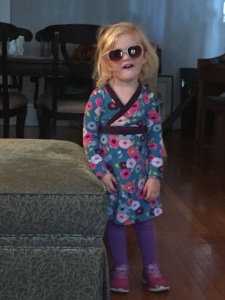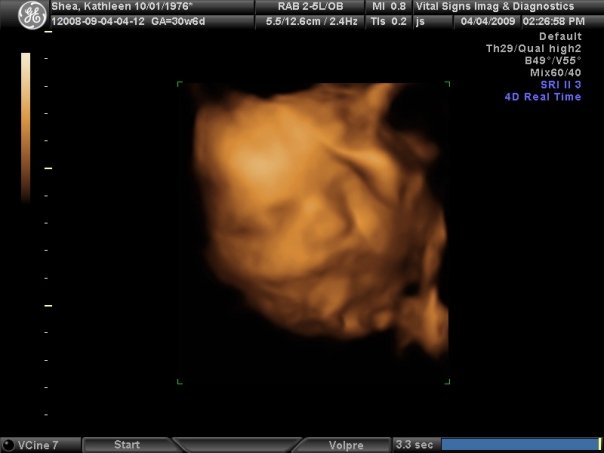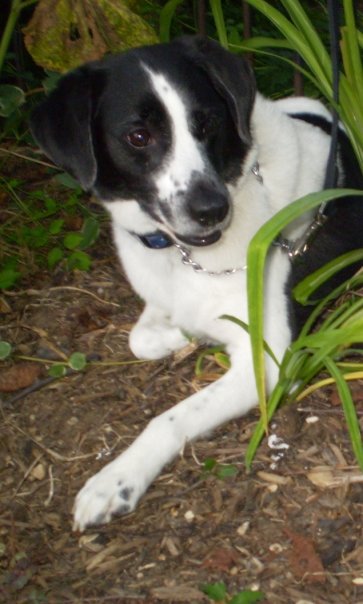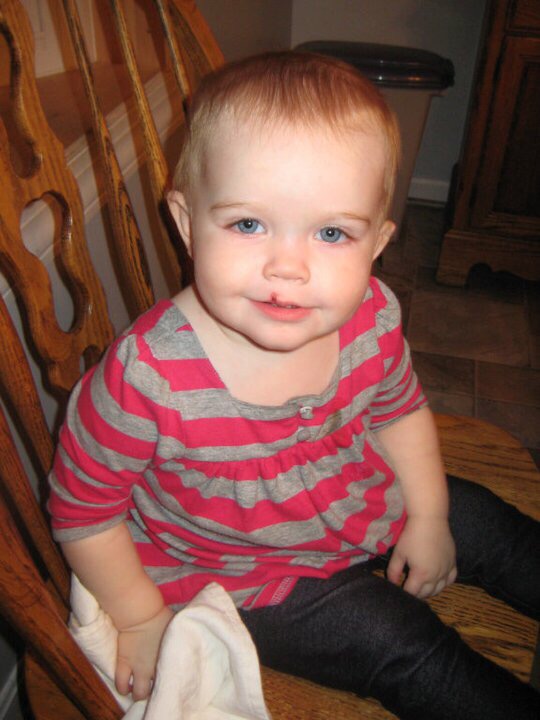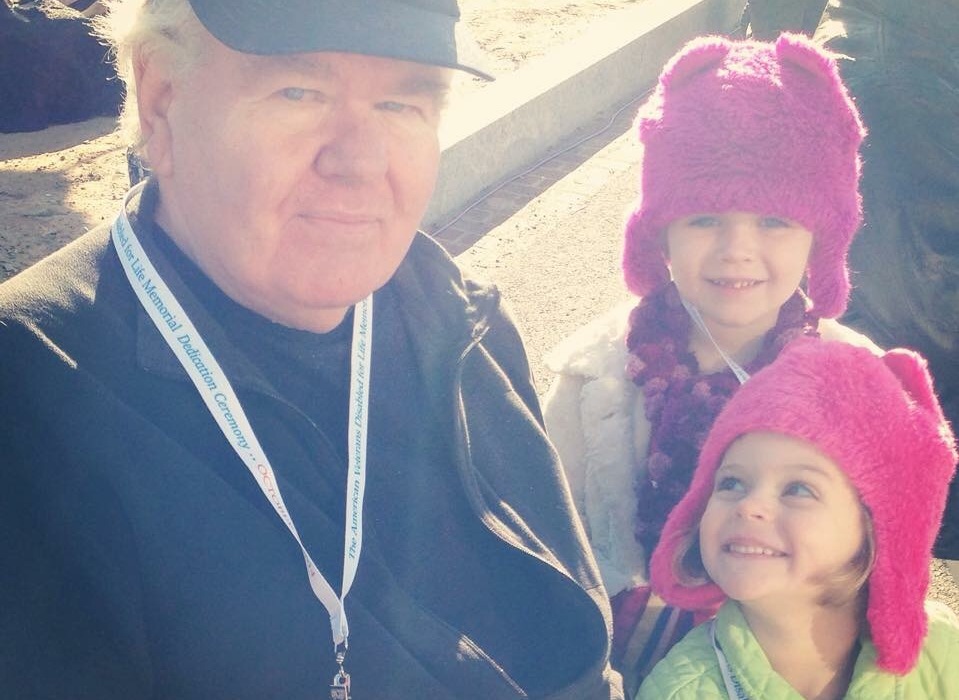Eyes, Nose, Mouth
Bringing this piece over from its original publication in Brain Child Magazine on October 21, 2014
Identifying with our children’s strong family resemblances and shared genetic traits.
It had been years since I’d thought about it. Decades, really. Those tic-tac-toe-type charts in eighth-grade biology class that Mr. Mendel said would predict hereditary traits. We were assigned the task of creating our own genetic diagrams, and were taught that in observing the eye colors of our parents, we could calculate the odds of the eye color we ourselves ended up with. But with that assignment, I suddenly felt vulnerable. Exposed. 25 years ago there was more of an emphasis on the nuclear family and, while I had one of those, I didn’t come by it honestly. My parents had adopted me, so their eye colors were simply not a predictor of my own. I don’t remember doing it, but I must have had the conversation with my teacher saying, “I can’t do this because I just don’t know.”
Oddly enough, I grew up in a family where I looked like my dad’s side. There was a resemblance, and that made it easy to forget I was a genetic outlier. With time and maturity, adoption became just one part of my identity, along with my hazel eyes and my brunette hair. My stocky build and my round face were just … mine. And then I started having children.
At my first prenatal doctor’s appointment, I was handed the requisite questionnaire and could only answer a portion of the family history questions. By this time, though, I had met my birth mother, met her family and was able to fill in a bit more of the genetic picture. My belly grew rounder and we indulged in a 3D ultrasound, which allowed us to see our daughter’s cherubic little face, still months away from greeting the outside world. And with that first glimpse, every confidence I had built up around my genetic identity shattered. I could not wait for this child to be born. To kiss her lips, nuzzle her nose, gaze into her eyes. In truth, I was borderline obsessed with seeing myself in her features.
When my oldest daughter arrived, I was not disappointed. Everyone commented on how she was a mirror of me as an infant. Although my own mother didn’t meet me until I was six weeks old, she affirmed that my daughter had my eyes, my nose, my mouth. And while that satisfied my yearning to see myself in this gorgeous creature, about whom I’d spent the last nine months daydreaming, I was blindsided with sadness for my own mother, who never once got to glimpse herself in me. And then my second child was born. And I understood.
It seems to be so ingrained in our psyches to identify shared familial traits in young children. I, myself, have been guilty of exclaiming, “Oh, she looks JUST like you!” after scooping up a little baby bundle from a friend’s arms. Or wondering whom along the line had those sparkling blue eyes when meeting a child whose parents do not.
Even through the fuzzy ripples of the 3D ultrasound photographs, I could see that my second did not share any features of her older sister. She had big, round eyes, a slightly turned-up nose, and thinner, more austere lips. I saw glimpses of my husband’s family in her and, for some shameful reason, I felt cheated. I truly expected this baby to be a carbon copy of her sister. When she was born, even her wiggling eight-pound body felt different. More compact, leaner than her sister’s. I had a hard time believing that this child drew from my gene pool at all.
Yet my heart exploded with the most primal, purest love for this human of mine. When I saw her eyes, I was not looking into my own. When I nuzzled my nose into hers, they didn’t both squish down. When I kissed her perfect lips, the fullness of my own mouth enveloped the tiny lines of hers. In her differentness, I found my peace.
Earlier this summer, I saw their heads huddled together over the kitchen counter—my husband explaining to our two oldest girls that the avocado pit hadn’t managed to sprout and that they would try another experiment. When he mentioned splitting a stalk of celery in half and putting each half into colored water to see what would happen, I thought right back to that eighth-grade biology class. To Mendel and his chart. And I smiled—perfectly content—as I bent over and kissed the soft head of our youngest daughter, the one who often brings remarks because she so strongly resembles her family.






